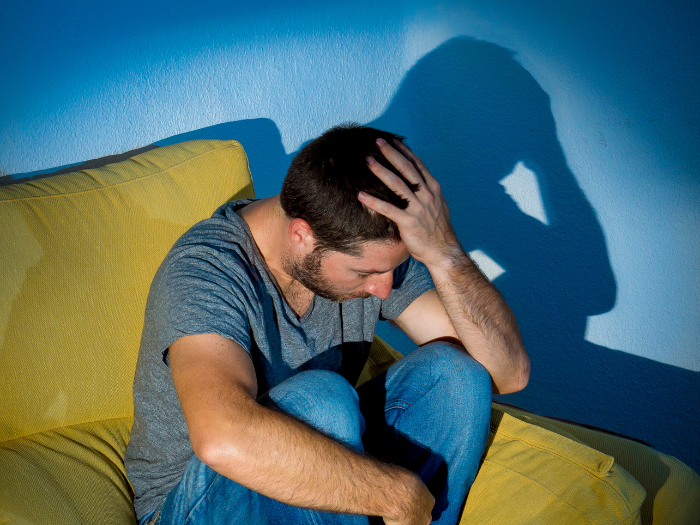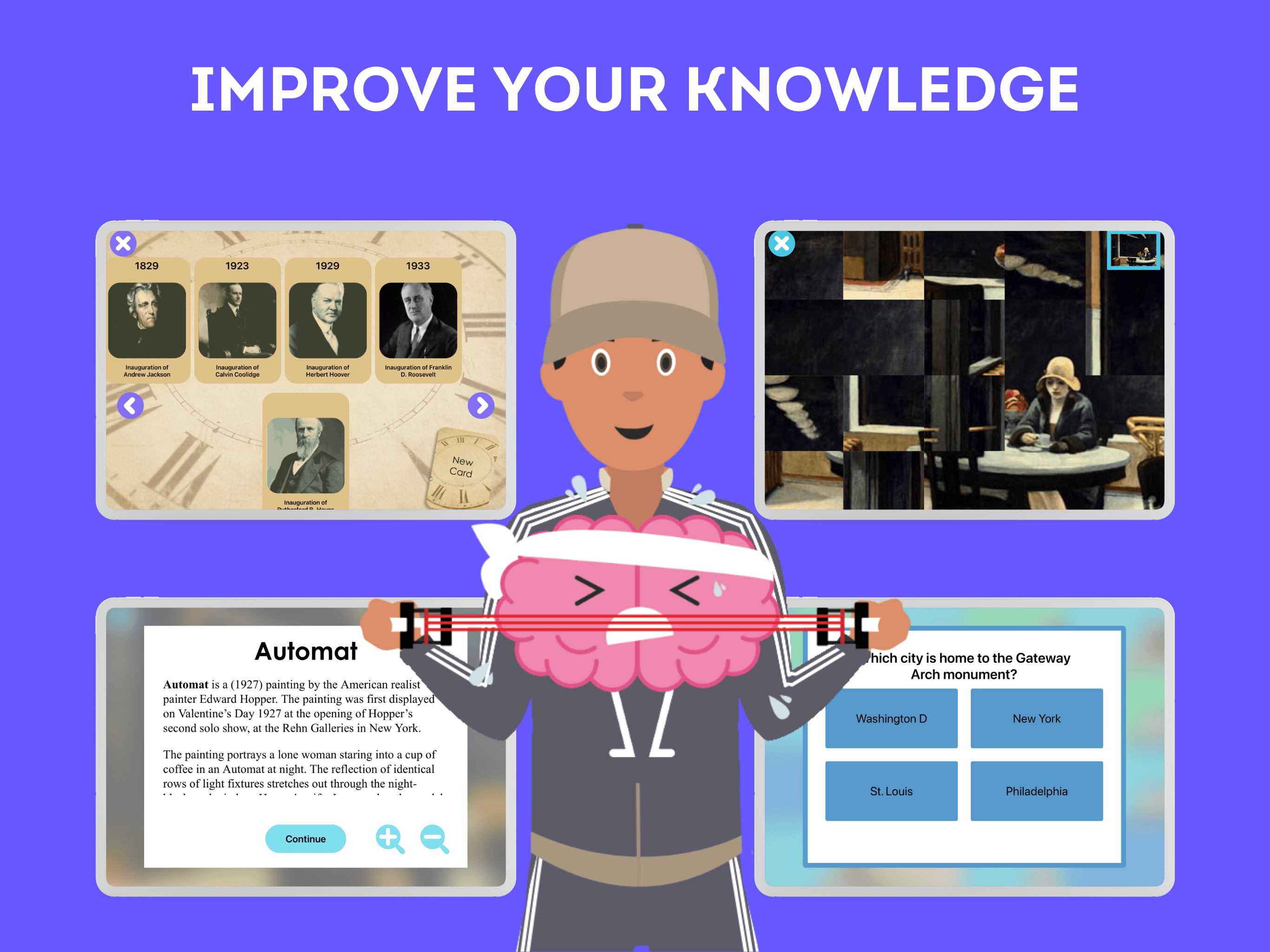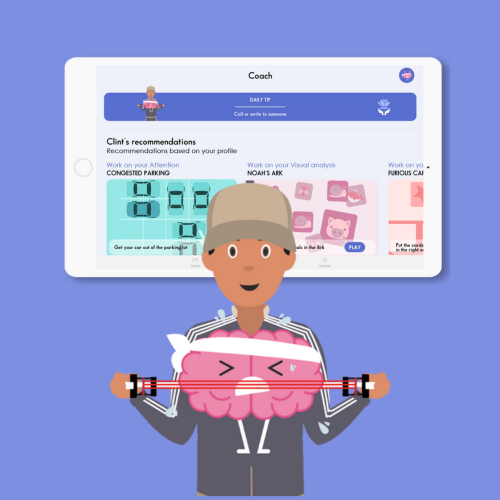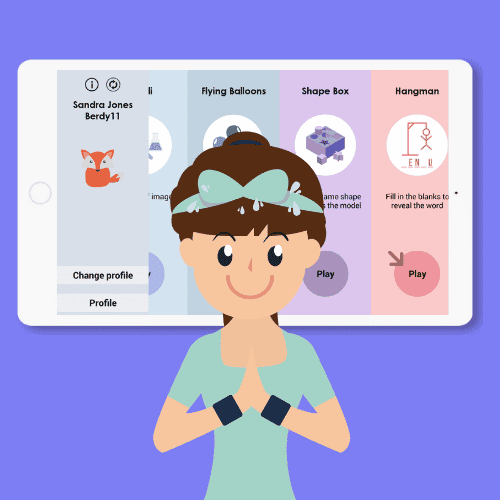Mental health is a state of emotional, psychological and social well-being in which a person can achieve his or her potential, cope with the challenges of daily life, work productively and contribute to the community. It is a state of optimal functioning of the brain and mind that allows a person to live a balanced and satisfying life.
Definition of mental health
Mental health includes many different aspects, including the ability to:
- Managing emotions: Mental health involves the ability to manage emotions appropriately, to recognize and regulate feelings of sadness, anger, anxiety or stress.
- Clear thinking: Mental health also involves the ability to think clearly and make rational decisions.
- Maintaining positive relationships: Mental health includes the ability to maintain positive relationships with others, to connect and communicate effectively with people.
- Having positive self-esteem: Mental health also includes positive self-esteem, self-confidence and self-worth.
Mental health can be influenced by many different factors, such as genetics, life experiences, relationships, stress, nutrition and sleep. Mental health problems can be caused by genetic factors, but they can also be triggered by stressful life events, such as loss of a loved one, illness, violence, trauma, unemployment, divorce, or poverty.
Mental disorders are conditions that affect a person’s mental health and emotional well-being. Mental disorders can include anxiety, depression, bipolar disorder, schizophrenia, eating disorders, obsessive-compulsive disorder and post-traumatic stress disorder. It is important to recognize that mental disorders are not the result of personal weakness, but are diseases that require professional medical treatment. Mental disorders can be treated with medication, psychotherapy, group therapy, behavioral therapy, cognitive behavioral therapy, or a combination of these approaches.

It is important to take care of your mental health the same way you take care of your physical health. This can include activities such as regular exercise, healthy eating, good sleep hygiene, meditation practice, developing positive relationships and building self-esteem. It is also important to remember that mental health is not something that can be achieved once and for all. It is an ongoing process that requires constant commitment and effort to maintain good mental health.
If you are experiencing mental health problems, don’t hesitate to seek help from a mental health professional. There are many resources available, including community mental health centers, family physicians, psychiatrists, psychologists and social workers. Ultimately, mental health is a critical component of our overall well-being and quality of life. By taking care of our mental health, we can improve our ability to manage the challenges of everyday life, maintain positive relationships and reach our full potential.
Factors involved in mental health
There are many factors involved in mental health, which can be divided into two main categories: biological factors and environmental factors.
Biological factors include physical characteristics and processes in the brain and body that can influence mental health. These factors include:
- Genetics: a family history of mental disorders can increase the risk of developing mental disorders.
- Chemical imbalances: Imbalances in brain neurotransmitters, such as serotonin and dopamine, can affect mood and behavior.
- Medical conditions: physical illnesses or hormonal imbalances can affect mental health.
Environmental factors include experiences, events and living conditions that can affect mental health. These factors include:
- Stressful life events: events such as the loss of a loved one, divorce, illness or trauma can cause mental health problems.
- Socio-economic factors: poverty, unemployment and lack of education can increase the risk of developing mental health problems.
- Interpersonal relationships: conflict, social isolation, dysfunctional relationships and abuse can affect mental health.
- Lifestyle habits: poor diet, excessive alcohol or drug use, lack of exercise and inadequate sleep can affect mental health.
It is important to note that mental health is often influenced by a combination of biological and environmental factors. For example, a person with a family history of depression may be more likely to develop depression in response to stressful life events such as divorce or job loss. Mental health is a complex condition that is influenced by a variety of biological and environmental factors. By understanding these factors and working to manage them, it is possible to maintain good mental health and prevent mental disorders.
The different mental disorders
There are many different mental disorders, each with its own characteristics, symptoms and causes. The following is a non-exhaustive list of the most common mental disorders:
– Anxiety disorders Anxiety disorders are characterized by intense and excessive fear or anxiety. Common anxiety disorders include phobias, obsessive-compulsive disorder, generalized anxiety disorder and post-traumatic stress disorder.
–Mood disorders Mood disorders affect a person’s mood and emotions. Common mood disorders include depression, bipolar disorder and seasonal affective disorder.

– Psychotic disorders: Psychotic disorders are characterized by altered thoughts and perceptions. Common psychotic disorders include schizophrenia and delusional disorders.
– Personality Disorders: Personality disorders affect the way a person perceives and interacts with the world. Common personality disorders include borderline personality disorder, narcissistic personality disorder and antisocial personality disorder.
– Eating disorders: Eating disorders affect the way a person eats and views their body. Common eating disorders include anorexia, bulimia and eating disorder not otherwise specified.
– Substance use disorders: substance use disorders are characterized by the excessive use of drugs or alcohol, which can lead to physical and mental health problems. Common substance use disorders include alcoholism, drug addiction, and unspecified substance use disorder.
– Sexual disorders: Sexual disorders affect a person’s sexuality and sex life. Common sexual disorders include hypoactive sexual desire disorder, female sexual arousal disorder and delayed ejaculation disorder.
– Sleep disorders: Sleep disorders affect the quality and quantity of a person’s sleep. Common sleep disorders include insomnia, sleep apnea and restless leg syndrome.
It is important to note that the above list is not exhaustive and that there are many other mental disorders that are not mentioned here. If you think you may be suffering from a mental disorder, it is important to consult a mental health professional for an accurate diagnosis and appropriate treatment.
Tools for mental health surveillance
There are several tools and methods for monitoring mental health.
Mental health professionals, such as psychiatrists, psychologists and social workers, use clinical assessments to diagnose mental disorders and monitor the mental health of their patients. These assessments may include interviews, questionnaires, physical examinations and psychological tests. Questionnaires can be self-report questionnaires, such as the Psychological Distress Index, Beck Depression Scale or Spielberger Anxiety Inventory, and are designed to help individuals assess their own mental health. These tools can be useful for tracking symptoms and progression of mental health disorders.
CLINT, your brain coach
Clint is an application on tablet or smartphone with more than 30 cognitive games to work on all cognitive functions. The objective is not only to accompany you in the cognitive stimulation, but also to accompany you on an emotional level. Indeed, every 15 minutes of play, the application asks you how you are and offers you 6 moods. This allows you to express yourself in a safe context. In addition, you, a loved one of your choice or your doctor can receive alerts when you register 3 negative moods. This allows you to monitor your mood and to intervene quickly in case of negative mood.

Wearable technologies, such as connected watches or activity bracelets, can be used to monitor vital signs and sleep patterns, as well as track physical activity levels. These data can help assess mental and physical well-being. Still on the technology level, we can find mobile apps for mental health, such as meditation apps, exercise apps and mood tracking apps, which can be used to monitor and improve mental health. These applications can also provide real-time support for people with mental health issues.
Workplace assessments, such as employee satisfaction surveys, wellness surveys and stress assessments, can be used to monitor employee mental health. Employers can use these assessments to implement support programs and interventions to help employees maintain their mental well-being.
It is important to note that these tools do not replace clinical assessments and professional treatment for mental disorders. However, they can be useful for monitoring signs of stress, depression and anxiety, and for helping individuals take charge of their own mental health.
There are many activities that can help improve mental health and reduce stress. First of all, regular exercise is one of the best activities for improving mental health. Studies have shown that exercise can help reduce stress, anxiety and depression. Artistic activities, such as painting, drawing or music, can also have a positive effect on mental health. This can help express emotions and reduce stress. Meditation and mindfulness are other activities that can help improve mental health. This can help reduce anxiety, depression and stress, and increase focus and mental clarity. Finally, spending time with friends and family can also have a positive effect on mental health by providing emotional support and strengthening interpersonal relationships. Overall, there are many activities that can help improve mental health, and everyone should find the activities that work for them.
Here is a list of different relaxation exercises with YouTube links as examples:
- Guided meditation: https: //www.youtube.com/watch?v=5bxBcbkSrtY
- Progressive muscle relaxation: https: //www.youtube.com/watch?v=vpexQfwROmM
- Breathing techniques: https: //www.youtube.com/watch?v=vpexQfwROmM
- Self-hypnosis : https://www.youtube.com/watch?v=0uMM5mjcp1I
- Foot massage: https: //www.youtube.com/watch?v=tGx9wuBUPk0
There are many other relaxation exercises available on YouTube, feel free to explore different videos to find what works best for you.

Cognitive training to improve mental health
Cognitive training is a technique that aims to improve cognitive functions, such as attention, memory, problem solving and decision making. This technique is used to improve mental health and can be particularly useful for people with cognitive disorders associated with mental illness such as depression, anxiety and schizophrenia.
Cognitive training can be done in a variety of ways, including:
- Brain games: Brain games are exercises that challenge the brain using puzzles, riddles and memory exercises. These games can help improve attention, concentration, short-term memory and problem solving.

- Meditation: Meditation is a technique that allows you to focus on the present moment and reduce stress. Meditation can help improve concentration, memory and decision making.
- Problem-solving exercises: Problem-solving exercises can help improve the ability to make rational decisions and solve complex problems.
- Relaxation techniques: Relaxation techniques, such as deep breathing and visualization, can help reduce stress and anxiety and improve concentration and memory.
- Online cognitive training programs: There are many online cognitive training programs that use games and exercises to improve mental health. These programs are often used to treat mental disorders such as depression and anxiety.
It is important to note that cognitive training does not replace medical and psychological treatments for mental disorders. However, this technique can be used in addition to treatment to improve cognitive function and overall mental health. Individuals interested in cognitive training should consult a mental health professional to determine if this technique is appropriate for their needs.
A PROGRAM IN PREVENTION OF MILD MENTAL LOSS
CLINT

A PROGRAM FOR PEOPLE WITH MORE SEVERE DISORDERS
SCARLETT

Other articles that might interest you:
How Parents Can Contribute to Teacher Training
As we delve into the realm of education, it becomes increasingly clear that teacher training is not merely a...
Differentiated Instruction Approaches: Training and Practical Application
Differentiated instruction is a pedagogical approach that recognizes the diverse needs of students in a classroom. It...
Key Skills Teachers Need to Support Students with Special Needs
As we embark on our journey to support children with special needs, it is essential for us to cultivate a deep...







